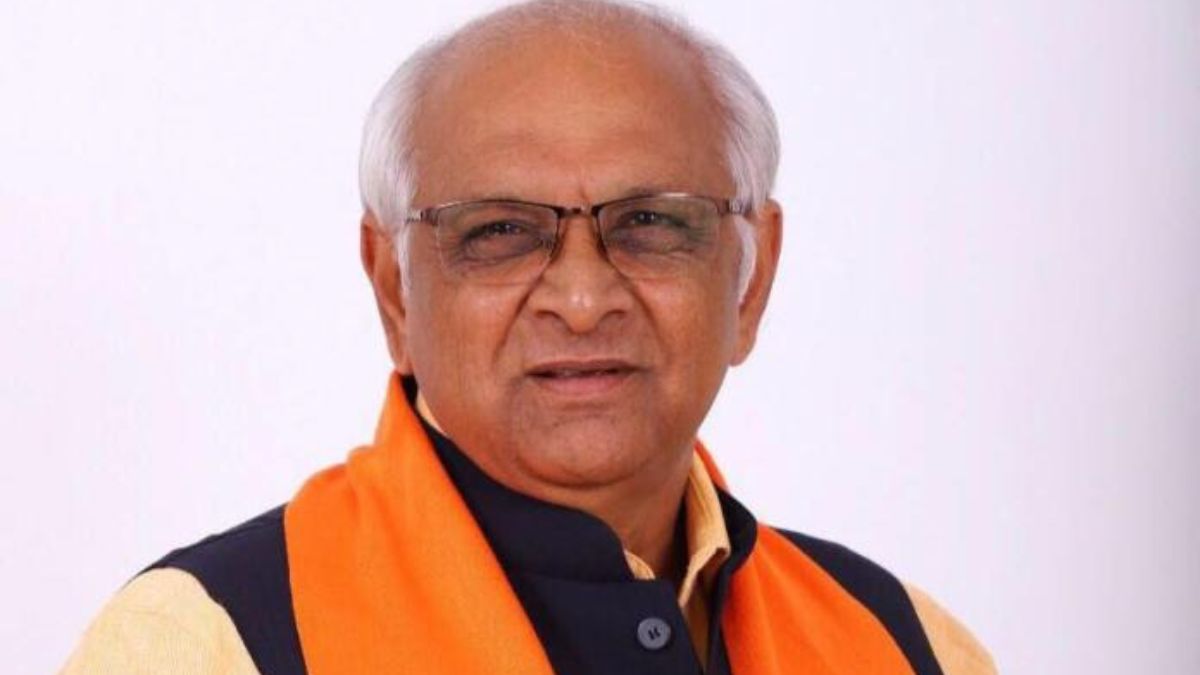Gujarat Government Offers Relief for Transfer and Usage Fees for Unauthorized Constructions
Notably, the usage fee for unauthorized constructions, which was previously calculated at jantri rates, has been redefined to provide more affordable options for homeowners. Under the new framework, the usage fee for unauthorized constructions up to 25 square meters will now be fixed at Rs. 10,000 for Economically Weaker Sections (EWS) and Lower Income Groups (LIG), and Rs. 20,000 for Middle Income Groups (MIG) and Higher Income Groups (HIG), respectively.

Advertisement
Ahmedabad : In a bid to alleviate financial burdens on homeowners and streamline administrative processes, a high-level meeting chaired by Chief Minister Bhupendra Patel recently deliberated on the relaxation of transfer, administrative, and usage fees for unauthorized constructions in Gujarat. The decisions taken aim to provide respite to property owners across the state and facilitate smoother transitions in housing transactions.
During the meeting, the government resolved to introduce significant changes to the fee structures associated with unauthorized constructions. One of the key revisions entails simplifying the payment process by allowing landlords to pay the transfer fee and late document fees just once, instead of multiple times, thereby easing financial strain.
Notably, the usage fee for unauthorized constructions, which was previously calculated at jantri rates, has been redefined to provide more affordable options for homeowners. Under the new framework, the usage fee for unauthorized constructions up to 25 square meters will now be fixed at Rs. 10,000 for Economically Weaker Sections (EWS) and Lower Income Groups (LIG), and Rs. 20,000 for Middle Income Groups (MIG) and Higher Income Groups (HIG), respectively.
Bhupendra Patel has taken these decisions in the larger interest of the house holders in Gujarat Housing Board facilitating. Ease of living will increase as the process of redevelopment of old and dilapidated houses becomes easier and faster due to such public interest decision. In this meeting held under the chairmanship of Bhupendra Patel, Chief Minister’s Additional Chief Secretary Pankaj Joshi, Urban Development Principal Secretary Ashwinikumar, Housing Commissioner Sandeep Vasava and Secretary R.G. Gohil etc were present.
Co-operative societies collect transfer fee from the buyer of a new house. There is no specific rule as to how much transfer fee can be charged in the existing law. However, the maximum transfer fee that can be charged by the societies will be clarified soon. The Assembly on Thursday approved an amended bill empowering the government to lay down rules on transfers.
In the state assembly, the bill amending the Gujarat Cooperative Societies Act-1961 applicable to all the 87,000 cooperative societies of the state including all the cooperative housing societies of the state has been unanimously passed by the Minister of State for Cooperation Jagdish Panchal.
This bill affects 30,000 housing societies in Gujarat, because when a house is sold in a housing society, the person taking the house has to pay a transfer fee to that society. There was no parameter to determine this transfer fee, which parameter will be decided by the state government in the next 6 months and based on that now the housing societies will be able to decide the transfer fee.
Among the 1.71 crore members in co-operative societies, one-third of the co-operative societies, i.e. 30,000, are housing societies. There are as many as 214 civic urban cooperative banks, more than 10,000 Primary Agricultural Credit Societies (PACS), more than 6,000 credit societies and more than 16,000 milk societies in the state.
Co-operative societies in societies other than housing will have to maintain a sinking fund. When any co-operative society goes into liquidation, till now the liquidation officer decided who should pay the dues first, the priority will now be decided by the government. The state government will also decide on the tenure of such societies.
Advertisement

